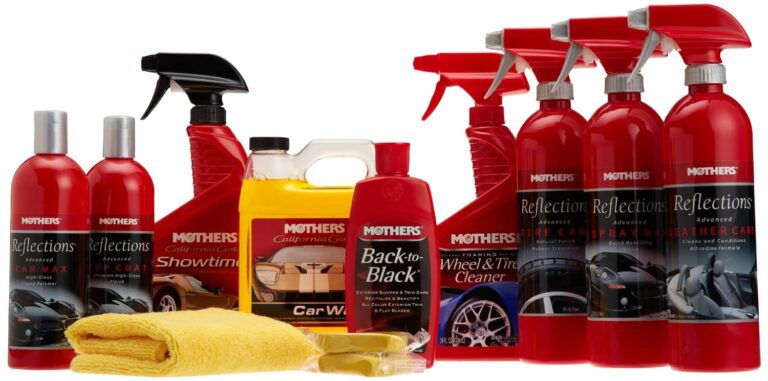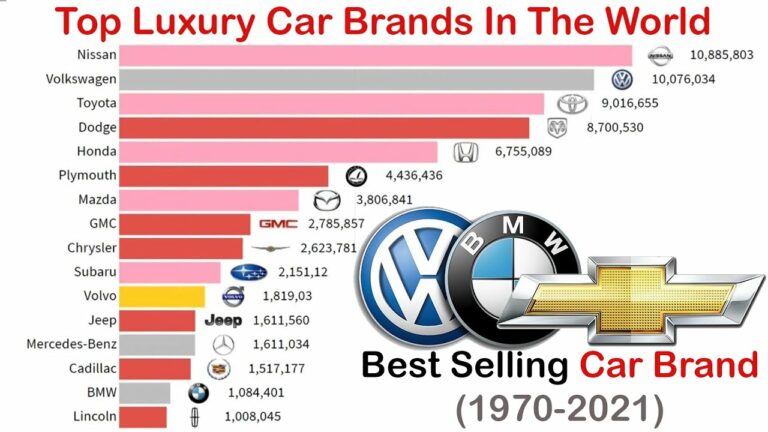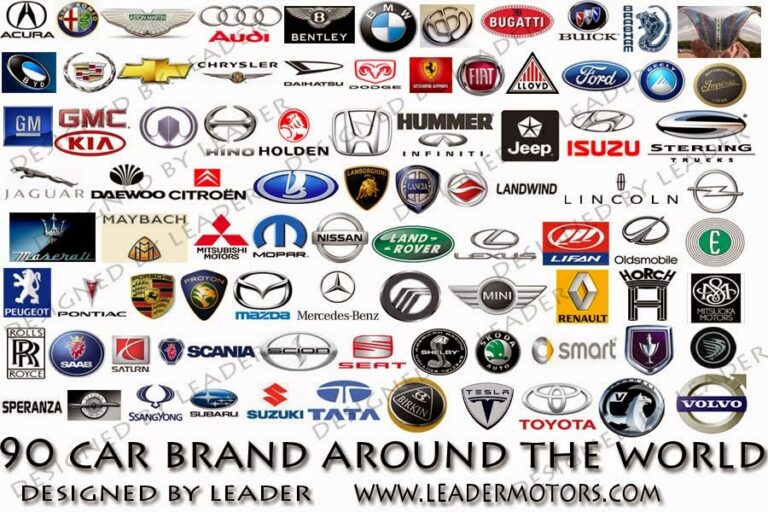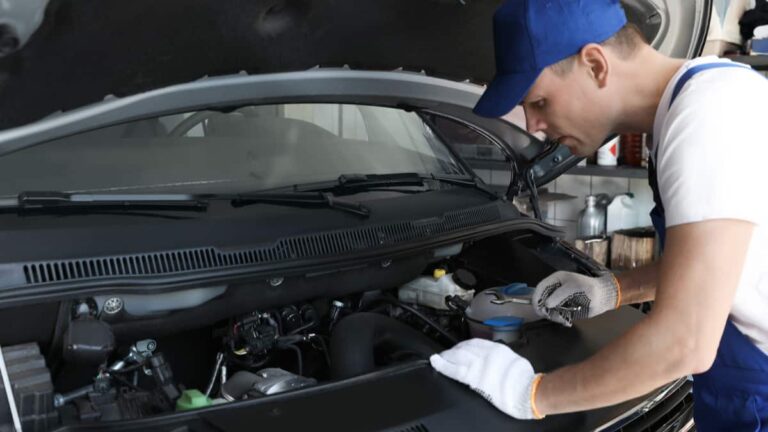Best Small Car Brands: Your Ultimate Guide to Choosing the Perfect Compact Companion
Best Small Car Brands: Your Ultimate Guide to Choosing the Perfect Compact Companion cars.truckstrend.com
In a world increasingly focused on efficiency, practicality, and urban agility, small cars have emerged as indispensable companions for millions. Far from being merely entry-level vehicles, today’s small cars offer a compelling blend of fuel economy, advanced technology, surprising comfort, and impressive safety features, all wrapped in a manageable footprint. But with so many options, how do you navigate the market to find the "best" small car brand for your needs?
This comprehensive guide will delve into what makes a small car truly stand out, highlighting the brands that consistently deliver excellence in this competitive segment. Whether you’re a city dweller battling tight parking spots, a budget-conscious commuter, or simply someone who appreciates efficiency without sacrificing quality, understanding the landscape of best small car brands is your first step towards a smart purchase.
Best Small Car Brands: Your Ultimate Guide to Choosing the Perfect Compact Companion
Why Choose a Small Car? The Undeniable Advantages
Before diving into specific brands, it’s crucial to understand why small cars continue to be a top choice for a diverse range of drivers. Their appeal extends far beyond just their size:
- Superior Fuel Efficiency: This is often the primary driver. Smaller engines and lighter frames mean fewer trips to the pump, translating into significant long-term savings and a smaller carbon footprint. Many modern small cars offer hybrid or even all-electric variants, pushing efficiency to new heights.
- Exceptional Maneuverability & Parking: Navigating congested city streets and squeezing into tight parking spaces becomes a breeze. Their compact dimensions make them ideal for urban environments where space is a premium.
- Lower Purchase Price & Ownership Costs: Generally, small cars come with a lower initial price tag compared to larger vehicles. This often extends to lower insurance premiums, reduced registration fees, and more affordable maintenance and tire replacements.
- Environmental Friendliness: With better fuel economy and often smaller engines, small cars typically produce fewer emissions, contributing positively to air quality.
- Surprising Interior Space & Practicality: Modern design and clever packaging have transformed many small cars, offering surprisingly spacious cabins and versatile cargo areas, especially in hatchback configurations.
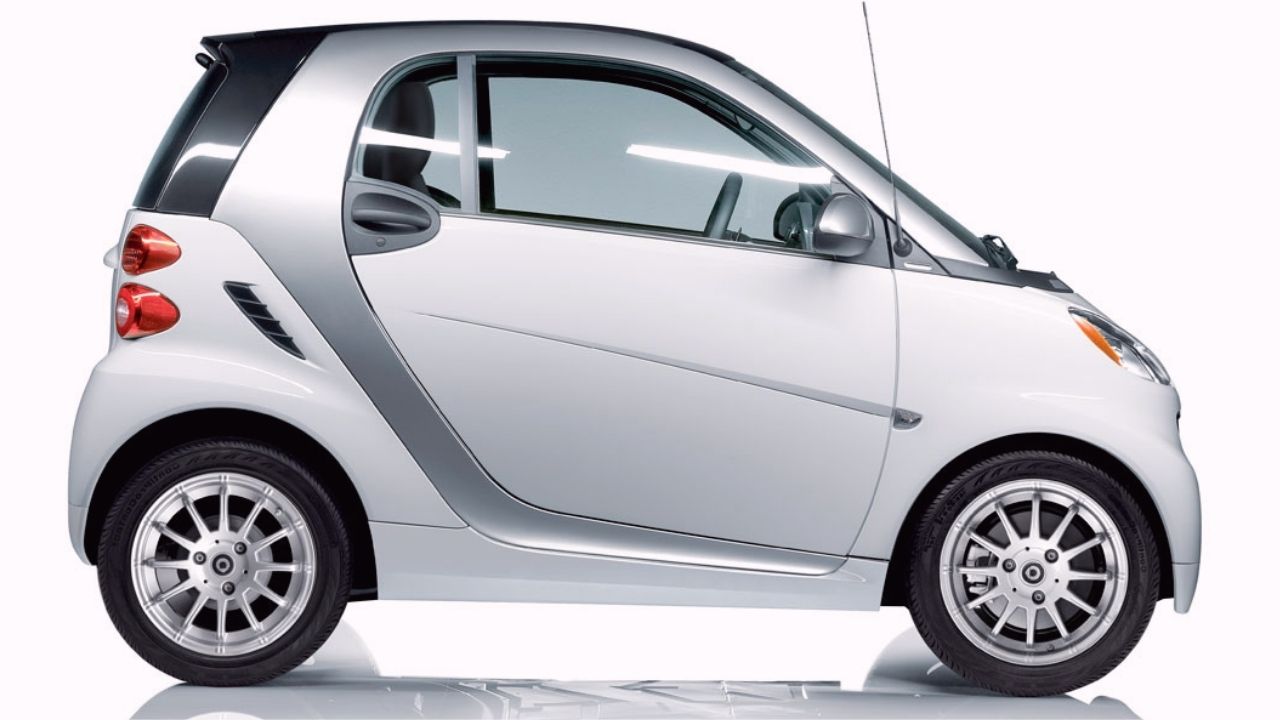
While some might perceive challenges like less cargo space or a perceived lack of safety, contemporary small cars address these concerns head-on. Many offer advanced safety suites that rival larger vehicles, and their clever interiors maximize every inch.
Key Factors Defining a "Best" Small Car Brand
What truly distinguishes a "best" brand in the small car segment? It’s a combination of attributes that contribute to a superior ownership experience:
- Reliability & Durability: A car that consistently starts, runs smoothly, and requires minimal unscheduled maintenance is paramount. Brands with a proven track record for longevity offer peace of mind.
- Safety Features & Ratings: Modern small cars are anything but flimsy. The best brands integrate advanced driver-assistance systems (ADAS) like automatic emergency braking, lane-keeping assist, and blind-spot monitoring. High ratings from organizations like the IIHS (Insurance Institute for Highway Safety) and NHTSA (National Highway Traffic Safety Administration) are non-negotiable.
- Fuel Efficiency & Powertrain Options: Beyond just good MPG, the best brands offer a range of efficient engines, including hybrid and electric options, catering to diverse needs and environmental considerations.
- Technology & Comfort: A well-designed interior with intuitive infotainment systems, smartphone integration (Apple CarPlay, Android Auto), comfortable seating, and quality materials significantly enhances the driving experience.
- Driving Dynamics: While not sports cars, the best small cars offer a balanced ride, responsive steering, and adequate power for daily commuting and highway driving, making them enjoyable to operate.
- Value & Ownership Costs: This encompasses not just the initial price but also factors like maintenance costs, insurance rates, and crucially, strong resale value, ensuring your investment holds up over time.
- Brand Reputation & Customer Service: A brand’s commitment to customer satisfaction, availability of parts, and quality of service network play a significant role in long-term satisfaction.
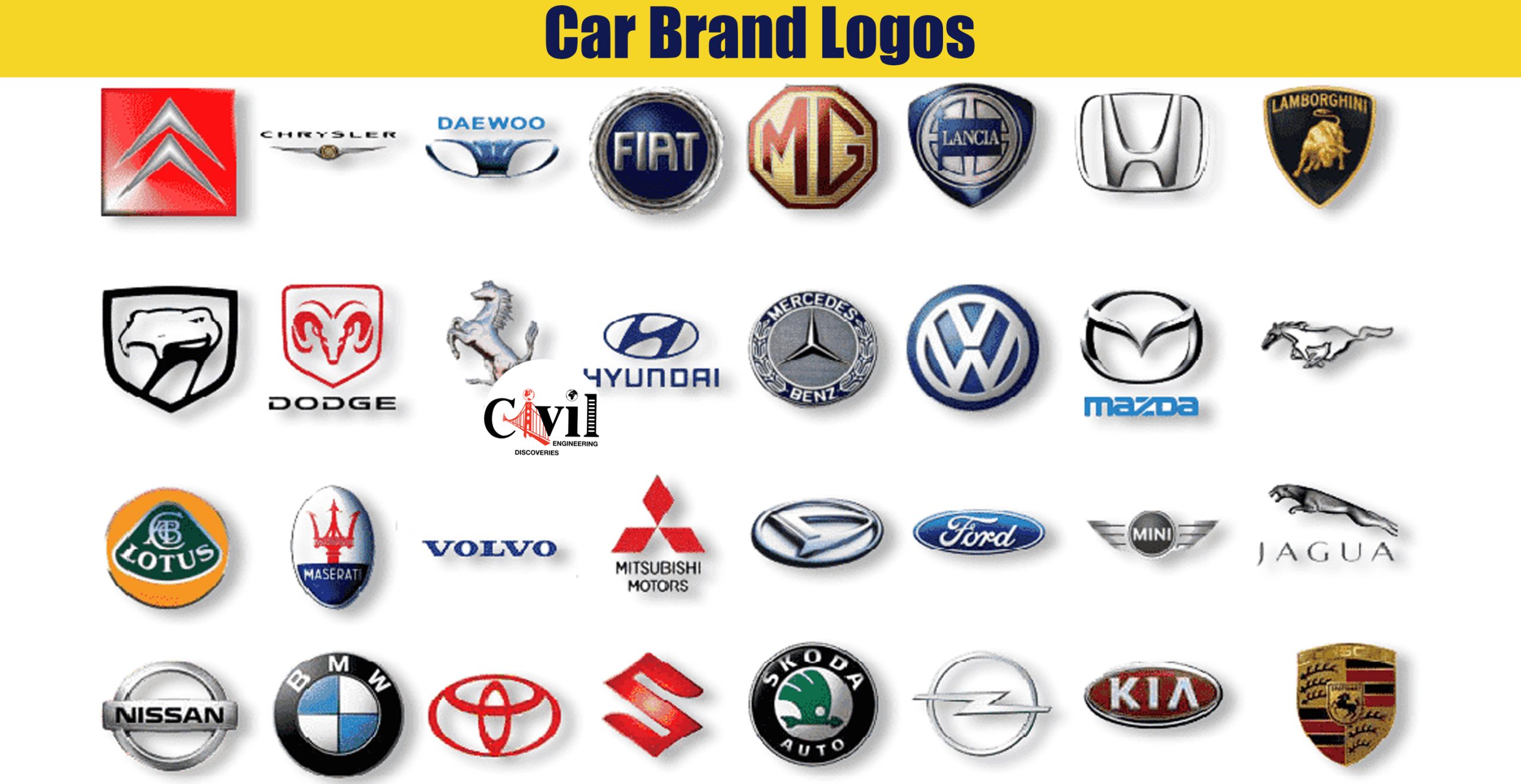
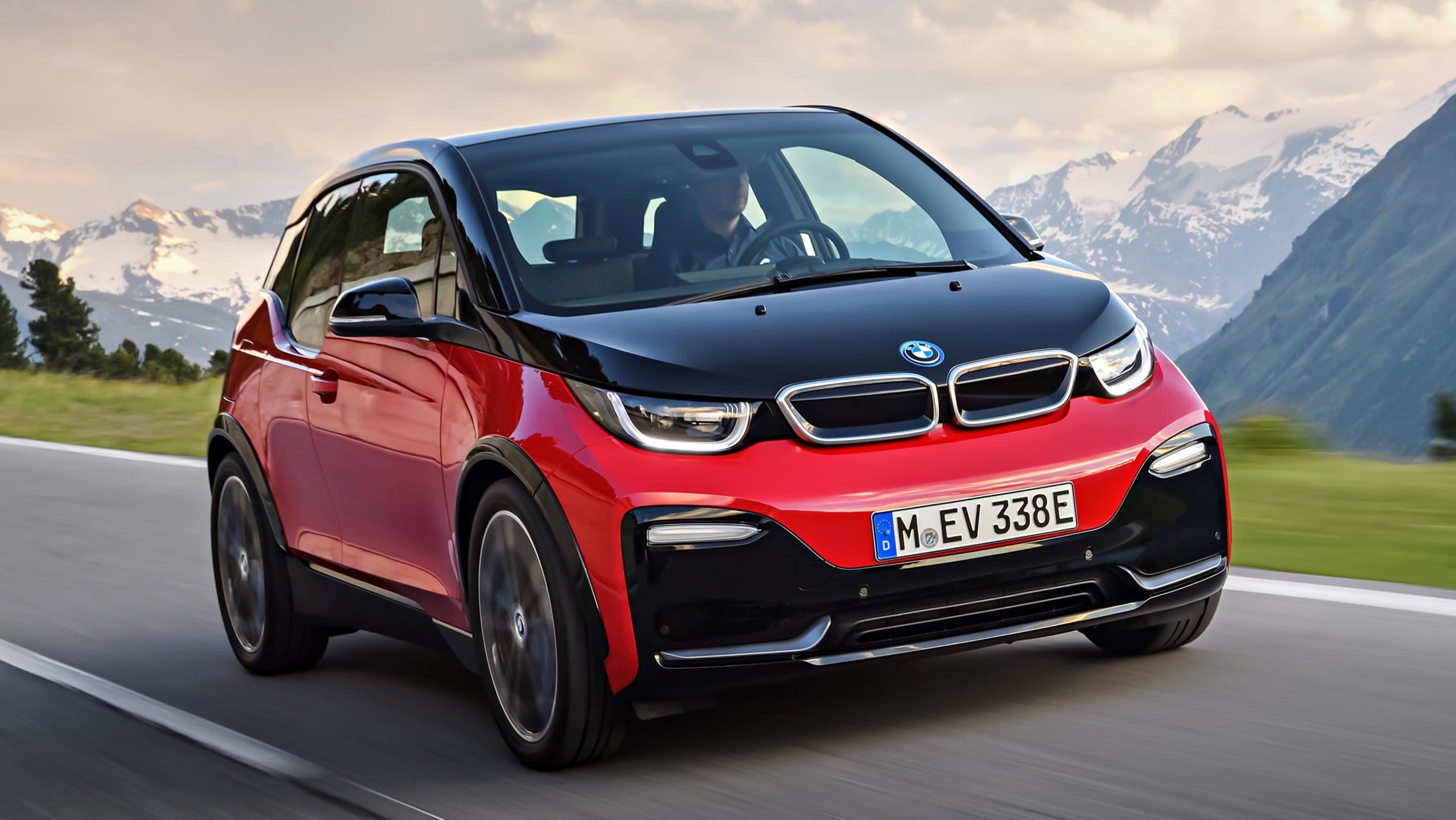
Top Contenders: A Deep Dive into Leading Small Car Brands
Based on the factors above, several brands consistently rank at the top for their small car offerings. It’s important to note that while specific models may come and go, these brands have built a reputation for excellence in the compact segment.
-
Toyota:
- Strengths: Unrivaled reliability, exceptional fuel efficiency (especially with hybrid options like the Corolla Hybrid), strong resale value, comprehensive safety suites (Toyota Safety Sense). Models like the Corolla (sedan and hatchback) and Yaris (global markets) are stalwarts.
- Why they’re "Best": Toyota embodies dependability and sensible engineering. Their small cars are built to last, offering low ownership costs and a comfortable, no-fuss driving experience.
-
Honda:
- Strengths: Renowned for practicality, clever interior packaging (like the "Magic Seats" in the Fit/Jazz), engaging driving dynamics, reliable engines, and excellent resale value. The Civic (compact) and Fit/Jazz (subcompact, though discontinued in some markets) are prime examples.
- Why they’re "Best": Honda consistently delivers smart design, fun-to-drive characteristics, and the bulletproof reliability that consumers expect.
-
Hyundai:
- Strengths: Outstanding value for money, generous standard features, modern and stylish designs, excellent warranty coverage (10-year/100,000-mile powertrain warranty), and rapidly improving reliability. Models like the Elantra, Kona (subcompact SUV, but small footprint), and Venue are strong contenders.
- Why they’re "Best": Hyundai has transformed itself into a design and tech leader, offering compelling packages that often undercut rivals while providing more features and a robust warranty.
-
Kia:
- Strengths: Shares many of Hyundai’s advantages, including a great warranty and value. Kia often stands out with bolder, more distinctive styling, intuitive infotainment systems, and a focus on driver engagement. The Forte, Rio, and Soul (subcompact crossover) are popular choices.
- Why they’re "Best": Kia brings a youthful energy and stylish flair to the small car segment, combined with the same reliability and value proposition as its corporate sibling.
-
Mazda:
- Strengths: Premium feel for a non-luxury brand, exceptional driving dynamics ("Zoom-Zoom" philosophy), sophisticated interior design, and good fuel efficiency with their Skyactiv technology. The Mazda3 (sedan and hatchback) is a standout.
- Why they’re "Best": Mazda offers a more upscale and engaging driving experience than many rivals in the compact segment, without a significant price premium.
-
Volkswagen:
- Strengths: Solid build quality, refined driving experience, comfortable interiors, and a distinct European feel. The Golf (hatchback, though limited availability in some markets) and Jetta (compact sedan) are classic choices.
- Why they’re "Best": VW cars often feel a class above their price point, providing a composed ride and mature handling characteristics.
Making Your Choice: Practical Advice and Considerations
Selecting the best small car for you requires thoughtful consideration:
- Assess Your Needs:
- Commute: How far and what kind of roads?
- Passengers & Cargo: How many people and how much stuff do you regularly carry? A hatchback often offers more versatility than a sedan.
- Budget: Not just purchase price, but also insurance, fuel, and maintenance.
- Driving Style: Do you prioritize sportiness, comfort, or maximum efficiency?
- Test Drive Multiple Models: Don’t just research; experience. Drive cars on various road types – city, highway, bumpy roads – to get a feel for ride comfort, noise levels, and handling.
- Prioritize Safety: Always check the latest safety ratings from organizations like IIHS and NHTSA for the specific year and model you’re considering.
- Read Reviews (Expert & Owner): Expert reviews offer objective analysis, while owner reviews provide insights into long-term satisfaction and common issues.
- Compare Ownership Costs: Get insurance quotes, research typical maintenance schedules and costs, and factor in fuel expenses based on your expected mileage.
- Consider Resale Value: Brands known for strong resale value will recoup more of your initial investment when it’s time to sell or trade in.
- New vs. Used: A slightly used model (1-3 years old) can offer significant savings while still providing modern features and warranty coverage.
The Future of Small Cars: Electrification and Innovation
The small car segment is at the forefront of automotive innovation. Many brands are rapidly expanding their hybrid and all-electric small car offerings, promising even greater efficiency and reduced emissions. Expect to see continued advancements in connectivity, semi-autonomous driving features, and sustainable interior materials, making small cars even more appealing and technologically sophisticated in the years to come.
Concluding Summary
The "best" small car brand is ultimately a subjective choice, but by understanding the key factors that define excellence in this segment, you can make an informed decision. Brands like Toyota, Honda, Hyundai, Kia, Mazda, and Volkswagen consistently deliver outstanding vehicles that combine efficiency, practicality, safety, and enjoyable driving dynamics. By carefully assessing your personal needs, test driving your top contenders, and considering long-term ownership costs, you’ll be well-equipped to find the perfect compact companion that serves you reliably for years to come. Embrace the efficiency and agility of a top-tier small car – it might just be the smartest choice you make.
Overview of Top Small Car Models from Leading Brands
| Brand | Model | Vehicle Type | Key Strengths | Approx. Starting MSRP (USD) | Typical Combined MPG / Range (Electric) | Safety Rating (IIHS/NHTSA) |
|---|---|---|---|---|---|---|
| Toyota | Corolla | Compact Sedan/Hatchback | Unmatched reliability, great fuel economy, standard safety features. | $22,000 | 32-35 MPG (Hybrid: 47-50 MPG) | Top Safety Pick |
| Honda | Civic | Compact Sedan/Hatchback | Engaging driving, spacious interior, excellent resale value, reliable. | $24,000 | 33-36 MPG | Top Safety Pick+ |
| Hyundai | Elantra | Compact Sedan | Excellent value, bold styling, strong warranty, feature-rich. | $21,500 | 34-37 MPG | Top Safety Pick |
| Kia | Forte | Compact Sedan | Stylish design, generous features, good value, long warranty. | $20,000 | 33-36 MPG | Good/4-Star |
| Mazda | Mazda3 | Compact Sedan/Hatchback | Premium feel, sporty handling, refined interior, upscale design. | $24,000 | 31-33 MPG | Top Safety Pick+ |
| Volkswagen | Jetta | Compact Sedan | Solid build quality, comfortable ride, composed handling. | $22,000 | 34-37 MPG | Good/5-Star |
| Subaru | Impreza | Compact Sedan/Hatchback | Standard Symmetrical AWD, strong safety reputation, good visibility. | $23,000 | 30-32 MPG | Top Safety Pick |
Note: Prices and MPG figures are approximate for base models and can vary significantly based on trim, options, and market conditions. Safety ratings are general and specific year/trim ratings should be verified.
Frequently Asked Questions (FAQ) about Best Small Car Brands
Q1: Are small cars safe?
A1: Absolutely. Modern small cars, especially those from leading brands, are built with advanced high-strength steel and incorporate comprehensive safety features like multiple airbags, stability control, and advanced driver-assistance systems (ADAS) such as automatic emergency braking, lane-keeping assist, and blind-spot monitoring. Many consistently earn top safety ratings from organizations like the IIHS and NHTSA.
Q2: Do small cars save a lot on gas?
A2: Yes, fuel efficiency is one of their biggest advantages. Their lighter weight and smaller, more efficient engines (often with hybrid or turbocharged options) result in significantly better miles per gallon (MPG) compared to larger vehicles. This translates to substantial savings over time, especially for commuters.
Q3: Are small cars good for long trips?
A3: While they might not offer the expansive space of a large SUV, many modern small cars are surprisingly comfortable for long trips. They often feature supportive seats, decent legroom (especially in compact models), and quiet cabins. For one to two people, they can be excellent long-distance cruisers, though cargo space might be a consideration for families.
Q4: What’s the difference between a subcompact and a compact car?
A4: The distinction lies primarily in size.
- Subcompact cars (e.g., Kia Rio, Mitsubishi Mirage, Toyota Yaris in some markets) are the smallest, designed for maximum maneuverability and fuel economy, often best suited for urban driving.
- Compact cars (e.g., Honda Civic, Toyota Corolla, Hyundai Elantra, Mazda3) are a step up in size, offering more interior space, trunk volume, and generally more powerful engines, making them versatile for both city and highway driving.
Q5: How often do small cars need maintenance, and is it expensive?
A5: Maintenance schedules are generally similar to larger vehicles, typically every 5,000-10,000 miles for oil changes and routine checks. For the best small car brands (like Toyota, Honda, Hyundai), routine maintenance costs are typically lower than average due to readily available parts, simple engineering, and high reliability.
Q6: Is it hard to get parts for small cars?
A6: For popular small car brands and models, obtaining parts is usually very easy and affordable. Their widespread popularity means parts are mass-produced and readily available through dealerships, independent repair shops, and aftermarket suppliers.

